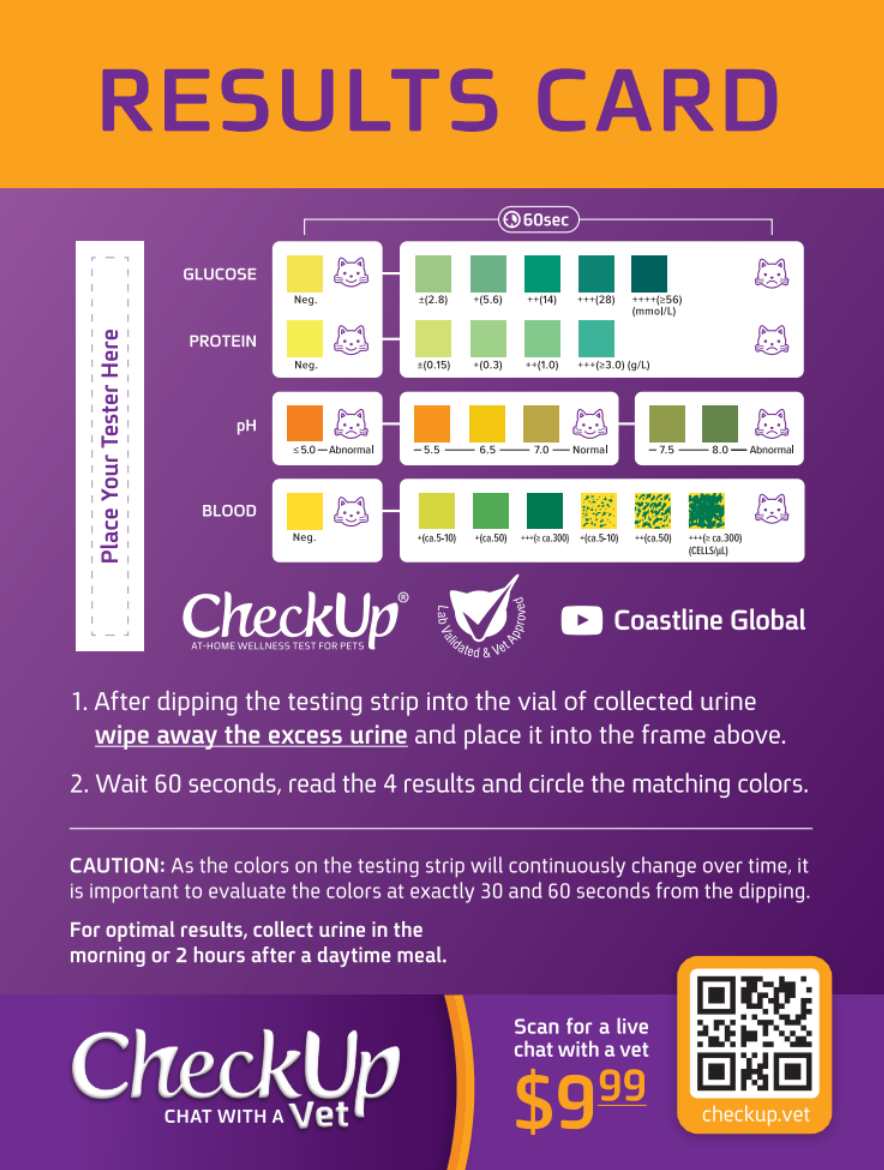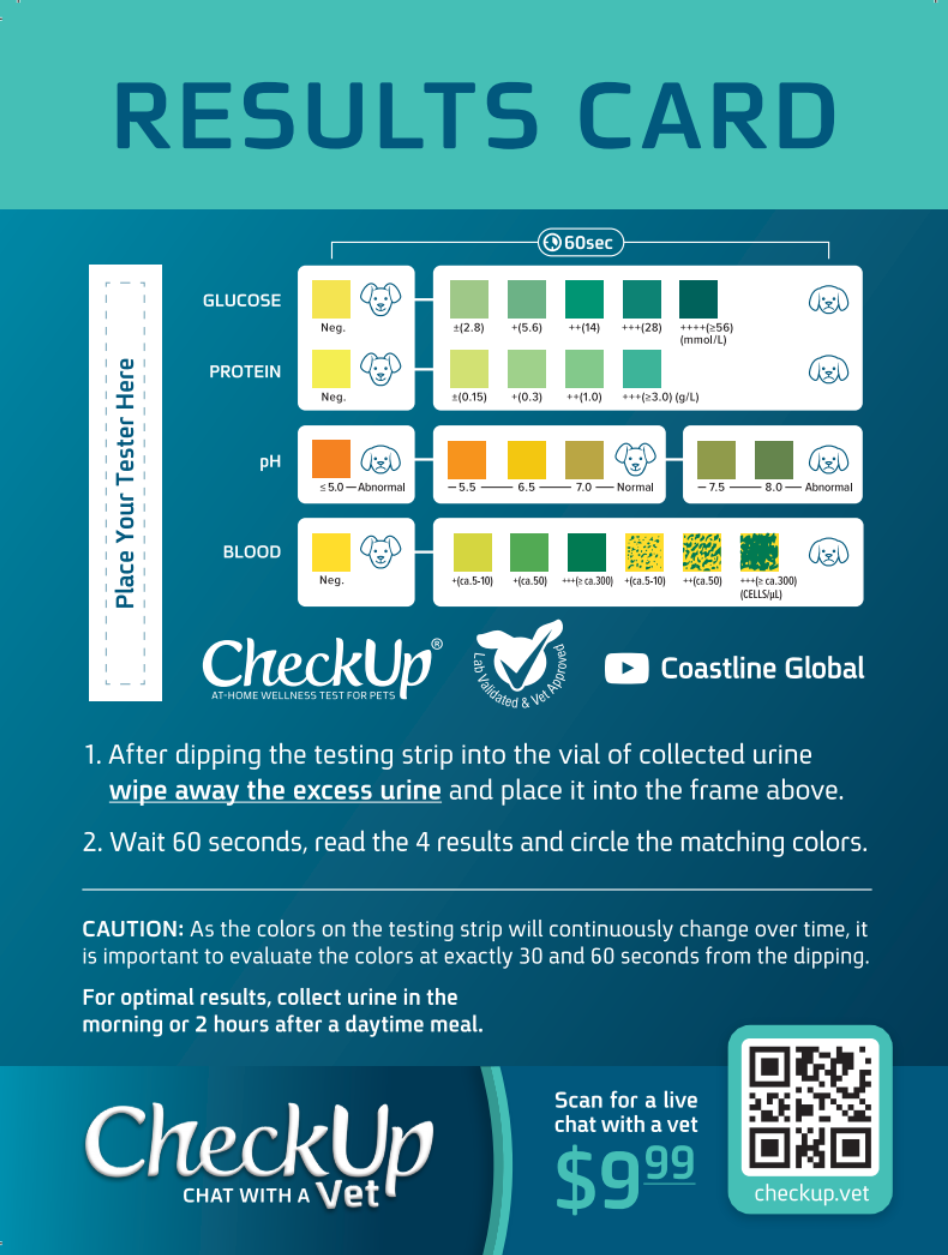06
Nov
Kimberly Gauthier, Dog Nutrition Blogger for Keep the Tail Wagging
In 2007, the FDA began receiving complaints of sick and dying dogs as a result of chicken jerky treats sourced in China. This along with pet...





![photo-2-680x443[1]](https://checkupkit.com/wp-content/uploads/2020/11/photo-2-680x4431-1.jpg)
![feline-urinary-tract-infection-680x451[1]](https://checkupkit.com/wp-content/uploads/2020/11/feline-urinary-tract-infection-680x4511-1.jpg)
![eat-eating-2[1]](https://checkupkit.com/wp-content/uploads/2020/11/eat-eating-21.jpg)
![how-to-check-if-cat-is-healthy-680x453[1]](https://checkupkit.com/wp-content/uploads/2020/11/how-to-check-if-cat-is-healthy-680x4531-1.jpg)
![cat-looking-at-you-photo[1]](https://checkupkit.com/wp-content/uploads/2020/11/cat-looking-at-you-photo1.jpg)
![fat-cat-picture[1]](https://checkupkit.com/wp-content/uploads/2020/11/fat-cat-picture1.jpg)
![cat-eating[1]](https://checkupkit.com/wp-content/uploads/2020/11/cat-eating1.jpg)
![what-does-blood-in-my-cats-urine-mean-sm[1]](https://checkupkit.com/wp-content/uploads/2020/11/what-does-blood-in-my-cats-urine-mean-sm1.jpg)
![dreamstime_s_55668715-680x494[1]](https://checkupkit.com/wp-content/uploads/2020/11/dreamstime_s_55668715-680x4941-1.jpg)

